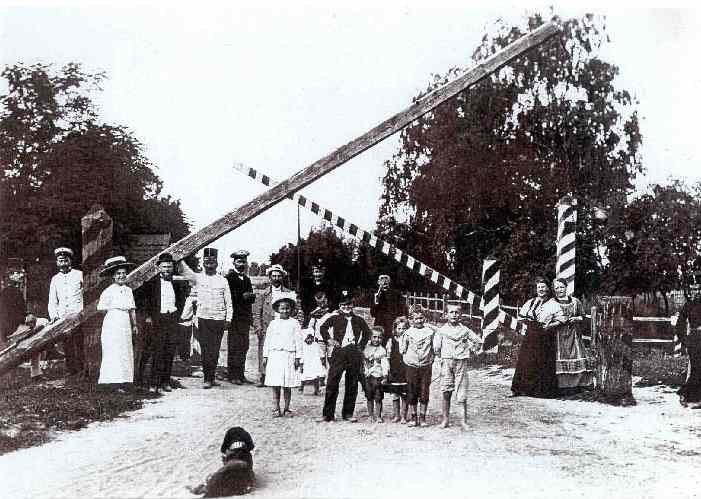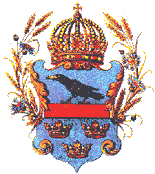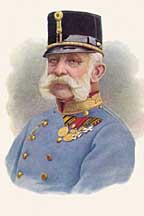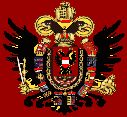| The Galician people, Polish and Ruthenian, are generally well-proportioned, robust, handsome, with engaging facial features and indefatigable strength and endurance. The Galician is characterized by a clear, healthy, inborn intelligence and circumspect courage. By nature possessing more good than evil inclinations when not subjected to depraving influences, he is religious, loyal, obliging and hospitable. He is attracted to those who have treated him well and knows how to be grateful, but is, on the other hand, rarely vengeful. |
| These good qualities are tarnished by sloth, indolence, a lack of liking for and persistence in work, a lack of education, and the often nasty habit of drunkenness. He only works as much as he must to satisfy his most essential needs, very few in number; he cares little about the elevation and improvement of his farm, about a more orderly, comfortable and healthy dwelling, about saving money or securing grain reserves. |
| The Good News: |
| The Bad News: |
| Witamy do Galicja Welcome to Galicia |
 |
| A Statistical View of Our Family Heritage |
| Population: 5,418,016 (1869), estimated
6,311,986 (1880). Land Area: 78,496.77 square kilometers Capital city: Lemburg (Lwow) Total Settlements: 11,373 which includes 6,134 hamlets/villages, 4,925 manorial estates, 230 towns, and 90 cities. Climate: Northern temperate Economic Base: Agriculture, Timber Occupations: Agriculture 83.5%, Industry & Trade 9%, Services 4.8%, Sciences 1.5%. Government: Constitutional Crownland of the Austrian-Hungarian Empire Head of State: Emperor Franz Jozef Ethnicity: Polish 45.9%, , Ruthenian 42.6%, Jewish 10% Religions: Roman Catholic 46%, Greek Catholic 42%, Jewish 10%, Protestant .78%, Other 1% (includes Armenian Catholic). |
| The Country |
| The People From: Galicya, Bronislaw Gustawicz, Krakow, 1880. |
| Galician-Russian Border Crossing Near Brody in 1905 |
 |
| Crest of Galicia |
| Galicja/Galicya/Galicy (Polish), Galicia (Latin, English), Galizien (German) |
| Polish 46%,
Ruthenian 42.5%, Jewish 10%, Germanic 1% (includes Austrian) Others: Moravian, Armenian, Dutch, Freislander, Gypsy |
| Translations, in part, by William F. Hoffman |
| Translation by William F. Hoffman |
| Ethnic Origins |
| Dennis Benarz, Chicagoland USA 2002-2003 |
 |
| Emperor Franz
Jozef Austria-Hungary |
| . |
| . |
 |
| Crest of Austria 1804 |
| The aboriginal inhabitants, from Krakow to Tarnow, were the Wislanie, a Western Slavic tribe and Slavic people. |
| Map: Galicia |
| Map: Western Galicia |
.
